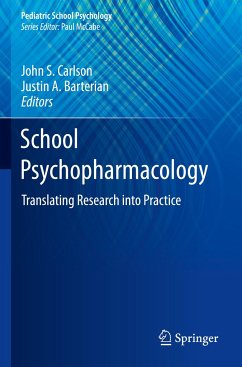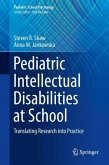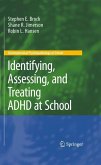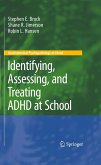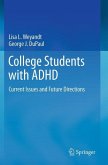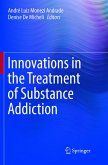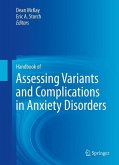This book provides a research-based overview of the use of psychotropic medications in combination with psychosocial interventions to improve learning, social interactions, and behavioral functioning of children within the school setting. It details implementation strategies for delivering multimodal treatments to school-aged children with psychiatric diagnoses while coordinating services across educational and health service sectors. In addition, it includes case studies on ADHD, conduct disorder, depression, social anxiety, autism spectrum disorder, bipolar disorder, and psychosis, with overviews of treatment plans, targeted goals and behaviors, classroom-based medication evaluation plans, and treatment responses communicated back to the child's family and physician. The book concludes with an overview of integrated behavioral health and the benefits of care coordination to school-aged children experiencing social, emotional, and behavioral challenges.
Topics featured in this text include:
Legal, ethical, and professional issues related to the use of psychotropic medications in school-aged populations.
Effective medications for treating mood dysregulation disorders in school-aged youth.
Medications for internalizing and externalizing disorders.
Common side effects of psychotropic medication in school-aged populations.
The need to be culturally sensitive when considering treatment plans for school-aged youth.
School Psychopharmacology is an essential resource for researchers, graduate students, and other professionals in child and school psychology, social work, psychiatry, psychopharmacology, special and general education, public health, and counseling.
Topics featured in this text include:
Legal, ethical, and professional issues related to the use of psychotropic medications in school-aged populations.
Effective medications for treating mood dysregulation disorders in school-aged youth.
Medications for internalizing and externalizing disorders.
Common side effects of psychotropic medication in school-aged populations.
The need to be culturally sensitive when considering treatment plans for school-aged youth.
School Psychopharmacology is an essential resource for researchers, graduate students, and other professionals in child and school psychology, social work, psychiatry, psychopharmacology, special and general education, public health, and counseling.

